It is important to note that within the vast and dynamic world of logistics, there exists a specialized area that requires a unique set of skills, strategies, and expertise – Project Cargo Logistics. There are many differences between project cargo and traditional cargo shipping. Unlike traditional cargo shipping, project cargo involves the transportation of oversized, heavy, and often high-value cargo, necessitating meticulous planning and execution. As a result of this intricate dance between the deployment of massive equipment, structures, and components, it is necessary to maintain a delicate balance between precision and innovation.
The Symphony of Planning
During the research and development phases of a project cargo logistics project, a complex symphony of planning takes place. A colossal load of heavy equipment is a colossal load, and the transportation of such loads is an arduous process that requires careful orchestration in order to ensure that it is transported smoothly. Project cargo logistics, which requires a level of foresight that sets it apart from other forms of logistics, starts with the initial assessment of a cargo’s dimensions and weight, and involves route planning and the selection of suitable modes of transportation.
In this symphony, project managers play the role of conductors, coordinating various elements to create harmony. Detailed risk assessments, feasibility studies, and contingency plans are the notes on the score, ensuring that every possible challenge is anticipated and addressed. The complexity of these projects often involves collaboration between multiple stakeholders, including shippers, carriers, freight forwarders, and specialized engineering teams.
Innovation Takes Center Stage
In the world of project cargo logistics, innovation is the key to overcoming challenges and pushing the boundaries of what is possible. Specialized equipment, advanced technology, and creative problem-solving become the instruments in this symphony of transportation.
State-of-the-art cranes, heavy-lift vessels, and custom-built transport solutions become the tools of the trade. Engineers and logistics experts work hand in hand to design specialized packaging, lifting mechanisms, and securing systems to ensure the safe transit of oversized cargo. It’s a field where traditional logistics practices meet cutting-edge technology, pushing the limits of what can be achieved.
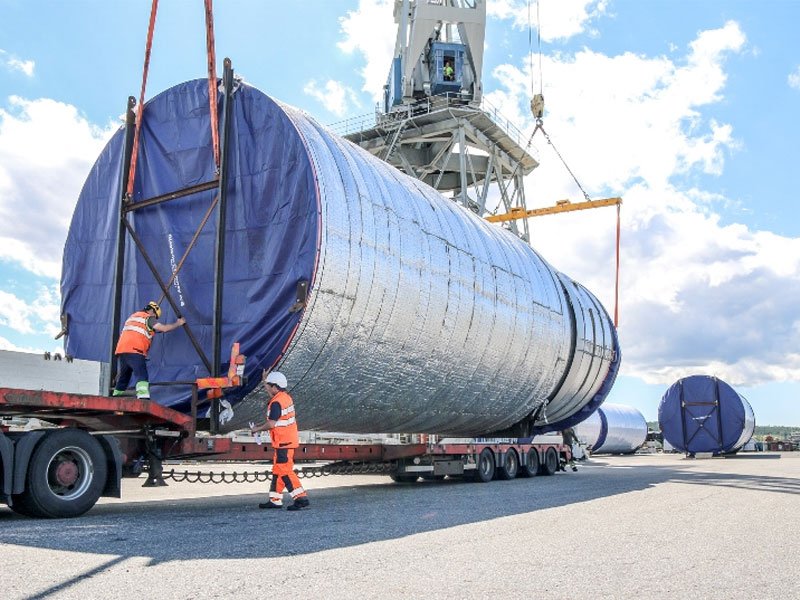
Global Challenges and Solutions
Project cargo logistics is not confined to a single region; it’s a global endeavor. This introduces a new set of challenges related to international regulations, cultural differences, and varying infrastructure standards. However, it also offers opportunities for collaboration and the exchange of knowledge and expertise on a global scale.
In response to these challenges, the industry has seen the rise of project cargo networks and alliances, where companies from different corners of the world come together to share insights, resources, and best practices. This collaborative approach not only enhances the efficiency of project cargo movements but also fosters a sense of unity in an otherwise diverse and complex landscape.
Read more: Container from Bandar Abbas
Sustainability as a Key Note
In a world where environmental consciousness is reaching new heights, the symphony of project cargo logistics is orchestrating a transformative movement towards sustainability. This paradigm shift is a response to the growing global awareness of environmental impact and the imperative to address it. In recent years, the industry has not merely adapted to this changing tune but has actively embraced a commitment to greener practices, weaving threads of sustainability into the very fabric of its operations.
One of the prominent notes in this sustainable symphony is the meticulous optimization of transport routes. Project cargo logistics professionals are leveraging advanced technologies and data analytics to identify routes that minimize environmental impact. This strategic approach not only reduces carbon emissions but also enhances overall efficiency, demonstrating a harmonious balance between economic and environmental considerations.

Harmonizing Technology
In the fast-paced landscape of contemporary logistics, project cargo management stands at the forefront of technological integration, heralding a new era in efficiency and precision. As the industry adapts to the digital age, a symphony of advanced technologies is orchestrating a transformative movement that not only enhances operational capabilities but also reshapes the very essence of project cargo logistics.
At the heart of this technological revolution are real-time tracking systems that act as vigilant conductors, providing unparalleled visibility into the movement of project cargo. Cutting-edge GPS and sensor technologies enable stakeholders to monitor shipments in real-time, offering precise insights into the location, condition, and status of oversized cargo. This transparency not only mitigates risks but also empowers project managers with the information needed to make timely and informed decisions, ensuring a harmonious flow of operations.
In the digital symphony of project cargo logistics, predictive analytics emerges as a virtuoso, dynamically shaping the movement of goods. By analyzing historical data, weather patterns, and traffic conditions, predictive analytics algorithms optimize transport routes and scheduling with a level of precision that was once unimaginable. This predictive prowess not only minimizes delays but also contributes to cost-effectiveness, making project cargo movements more agile, responsive, and adaptable to the ever-changing logistical landscape.
Read more: Freight Forwarder Iran, Tehran
The Human Touch
In the symphony of project cargo logistics, where technological notes resound with precision, it is the human touch that adds the depth and nuance necessary for a truly harmonious performance. Skilled professionals, akin to maestros of an orchestra, stand as the unsung heroes, ensuring that the intricate melodies of each project are played to perfection.
At the forefront of this human-led ensemble are project managers, the conductors who navigate the complexities of project cargo logistics with finesse and strategic acumen. Their role extends beyond conventional logistics planning; they are visionaries, adept at foreseeing challenges and orchestrating solutions. Experience becomes their guiding baton, allowing them to craft a symphony of success by aligning diverse elements, from meticulous planning to resource allocation, to create a harmonious logistical masterpiece.
In the ever-evolving landscape of project cargo logistics, adaptability emerges as the key signature of success. Skilled professionals possess the agility to pivot in response to unforeseen circumstances, adjusting their strategies and plans without missing a beat. Whether it’s a sudden change in weather conditions or a modification in project specifications, adaptability ensures that the logistical symphony continues to play seamlessly, transcending obstacles with grace and expertise.
Regulatory Compliance and Customs Clearance
Navigating the regulatory landscape is a dance that project cargo logistics professionals must master. This includes adherence to international trade regulations, customs clearance procedures, and compliance with safety standards. Unraveling the complexities of these unseen forces is crucial to ensuring a smooth performance in the project cargo logistics symphony.
Maritime Logistics and the Aquatic Movement
A significant portion of project cargo logistics takes place on the high seas. This section delves into the challenges and intricacies of maritime logistics, exploring the role of heavy-lift vessels, roll-on/roll-off (RoRo) ships, and other specialized maritime transport modes. From overcoming turbulent waters to managing port operations, the aquatic movement is a vital movement in the project cargo logistics symphony.
Case Studies in Project Cargo Logistics Excellence
Examining real-world examples provides insights into the triumphs and tribulations of project cargo logistics. This segment shines a spotlight on notable case studies, showcasing how innovative strategies, meticulous planning, and collaborative efforts have overcome challenges and delivered success. From the transportation of massive machinery to the erection of complex structures, these stories highlight the versatility and adaptability of project cargo logistics.
Future Trends and the Evolution of Project Cargo Logistics
As the symphony of project cargo logistics continues to captivate audiences, what lies on the horizon? This section explores emerging trends and future developments, including the integration of artificial intelligence, advancements in sustainable practices, and the potential impacts of geopolitical shifts. The crescendo of project cargo logistics is ever-evolving, promising an exciting future for those involved in orchestrating monumental movements.
Conclusion
In the final movement of our exploration, we pay tribute to the unsung heroes who work tirelessly behind the scenes. From the engineers who design innovative solutions to the truck drivers who navigate challenging terrains, each individual in the project cargo logistics ensemble plays a crucial role. This segment highlights the collaborative effort that makes the symphony of project cargo logistics a harmonious success.
Project cargo logistics is a fascinating realm where precision and innovation come together to move mountains—quite literally. It’s a symphony that requires careful planning, innovative solutions, and a global mindset to navigate the challenges inherent in transporting colossal loads. As the industry continues to evolve, one thing remains certain: the project cargo logistics symphony will continue to play a crucial role in bringing the extraordinary to its destination.
Read more: Ground Freight
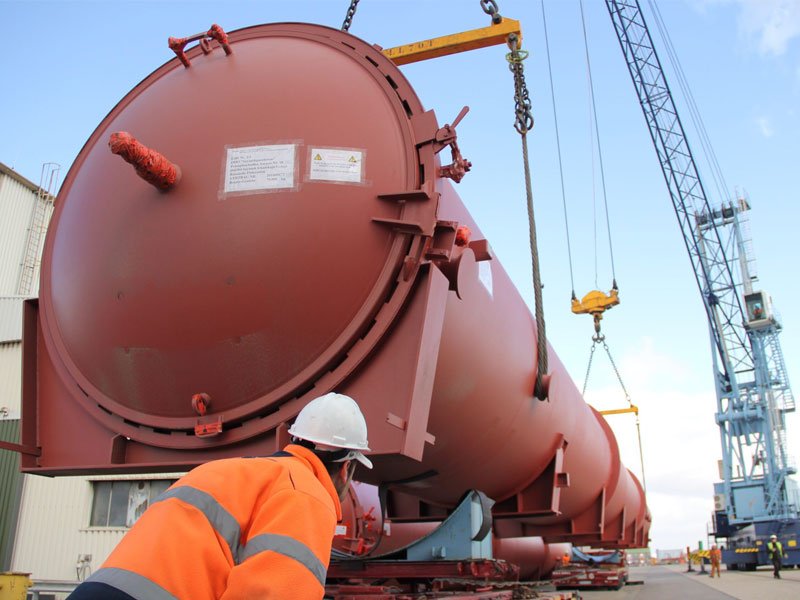
FAQs
Project cargo logistics involves the transportation of oversized, heavy, and often high-value goods that require specialized handling. Unlike traditional freight shipping, which typically deals with standardized cargo, project cargo logistics focuses on the unique challenges posed by exceptional dimensions, weight, and complexity.
Project cargo logistics planning is a comprehensive process that includes detailed assessments of cargo dimensions, weight, and characteristics. Project managers coordinate route planning, select suitable transportation modes, conduct risk assessments, and develop contingency plans. This meticulous planning ensures the safe and efficient movement of oversized cargo.
Technology plays a pivotal role in project cargo logistics, providing tools for real-time tracking, predictive analytics, and efficient communication. Advanced software and digital platforms optimize route planning, enhance visibility throughout the supply chain, and contribute to overall efficiency. Technology also aids in risk management and the coordination of various stakeholders involved in the logistics process.
In recent years, project cargo logistics has increasingly focused on sustainability. The industry explores greener alternatives, optimizes transport routes to minimize environmental impact, and invests in energy-efficient equipment. Sustainable practices, such as the reduction of carbon emissions and eco-friendly packaging, are becoming integral components of project cargo logistics strategies.
Maritime logistics is a crucial component of project cargo transportation, especially for large and heavy shipments. Challenges in this domain include navigating international waters, overcoming weather-related obstacles, and coordinating port operations. Specialized vessels, such as heavy-lift and RoRo ships, play a significant role in ensuring the safe and secure transit of project cargo across the seas.

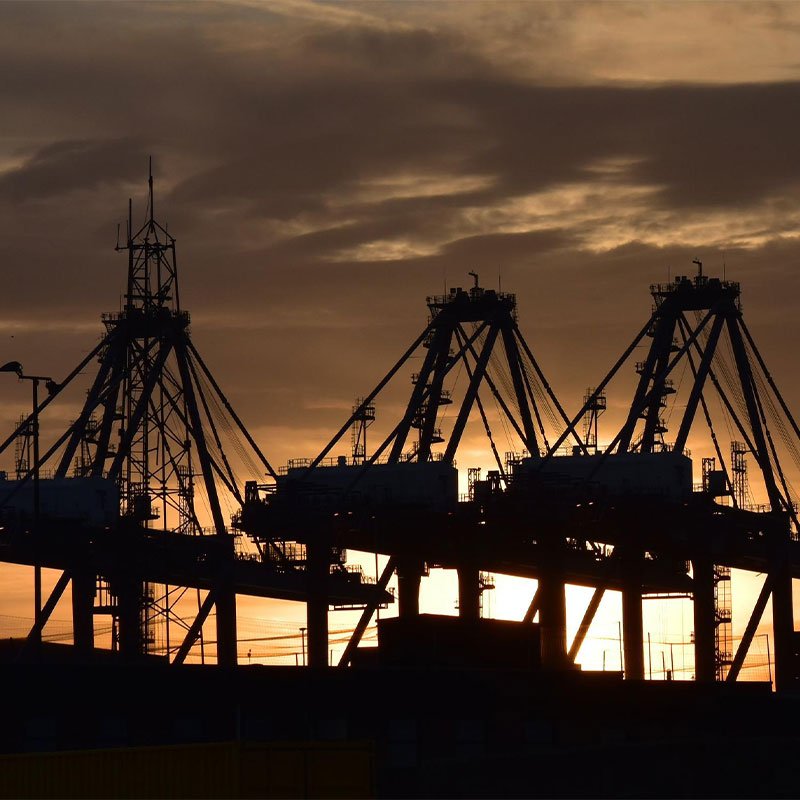

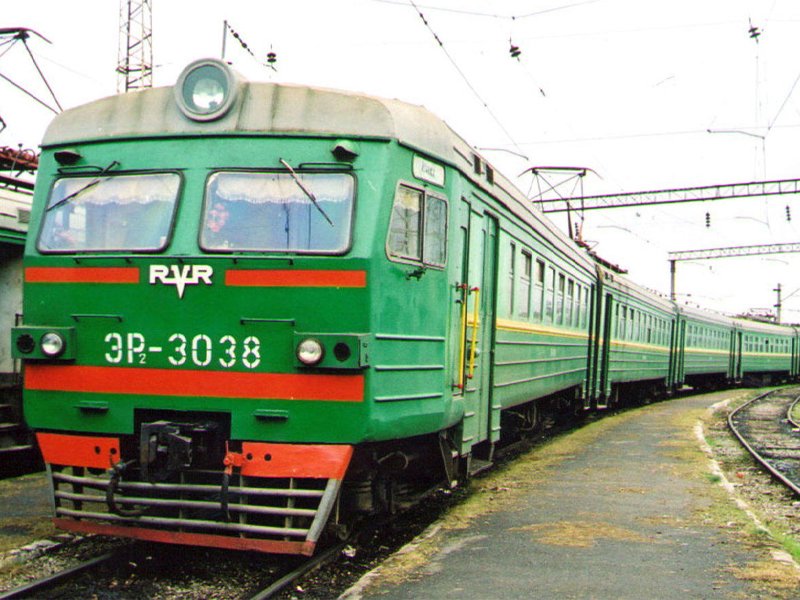
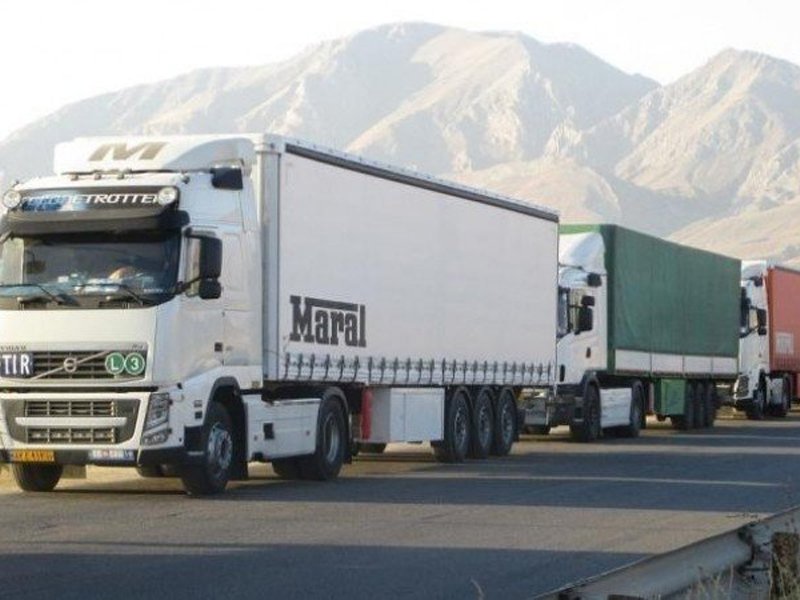


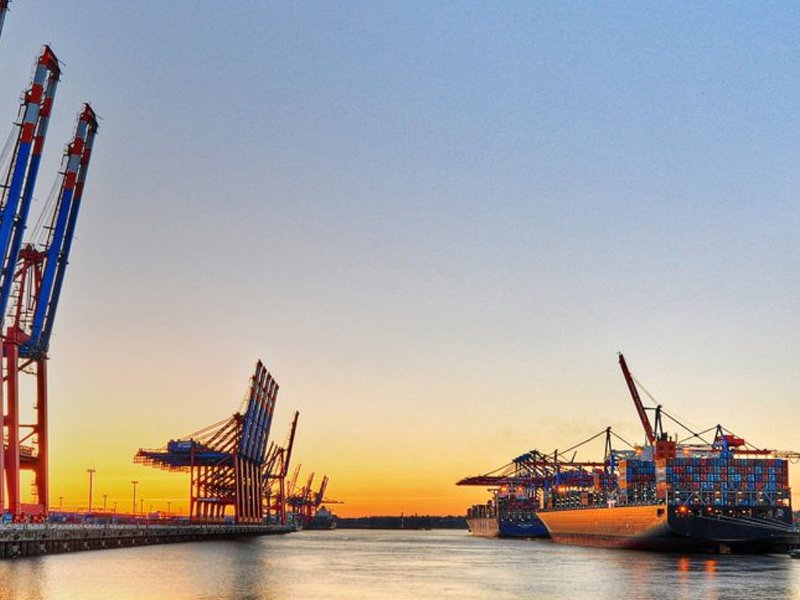


2 Responses
Thank you for this great article, I have filled your form can you contact me sooner?
Yes of course. We will call you soon.